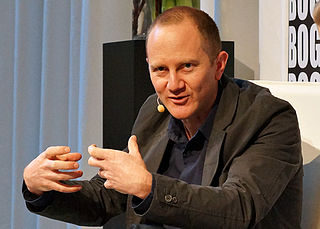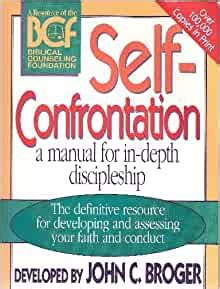A Quote by Chris Cleave
Yet war doesn't end with armistice, it only ends with forgiveness and reconciliation.
Quote Topics
Related Quotes
I do think it is harder to acknowledge our strengths, or to forgive ourselves and each other for our shortcomings, when there has not been a result we can all agree on. And it is certainly impossible to imagine forgiving the enemy while their animus remains undefeated. Yet war doesn't end with armistice, it only ends with forgiveness and reconciliation.
Only if you first seek inner forgiveness will your confrontation be temperate, wise, and gracious. Only when you have lost the need to see the other person hurt will you have any chance of actually bringing about change, reconciliation, and healing. You have to submit to the costly suffering and death of forgiveness if there is going to be any resurrection.
The end of violence or the aftermath of violence is bitterness. The aftermath of nonviolence is reconciliation and the creation of a beloved community. A boycott is never an end within itself. It is merely a means to awaken a sense of shame within the oppressor but the end is reconciliation, the end is redemption.
Forgiving and being reconciled to our enemies or our loved ones are not about pretending that things are other than they are. It is not about patting one another on the back and turning a blind eye to the wrong. True reconciliation exposes the awfulness, the abuse, the hurt, the truth. It could even sometimes make things worse. It is a risky undertaking but in the end it is worthwhile, because in the end only an honest confrontation with reality can bring real healing. Superficial reconciliation can bring only superficial healing.
The Bible is clear about two principles: (1) We always need to forgive, but (2) we don’t always achieve reconciliation. Forgiveness is something that we do in our hearts; we release someone from a debt that they owe us. We write off the person’s debt, and she no longer owes us. We no longer condemn her. She is clean. Only one party is needed for forgiveness: me. The person who owes me a debt does not have to ask my forgiveness. It is a work of grace in my heart.
War is by definition the indiscriminate killing of huge numbers of people for ends that are uncertain. Think about means and ends, and apply it to war. The means are horrible, certainly. The ends, uncertain. That alone should make you hesitate. . . . We are smart in so many ways. Surely, we should be able to understand that in between war and passivity, there are a thousand possibilities.

































